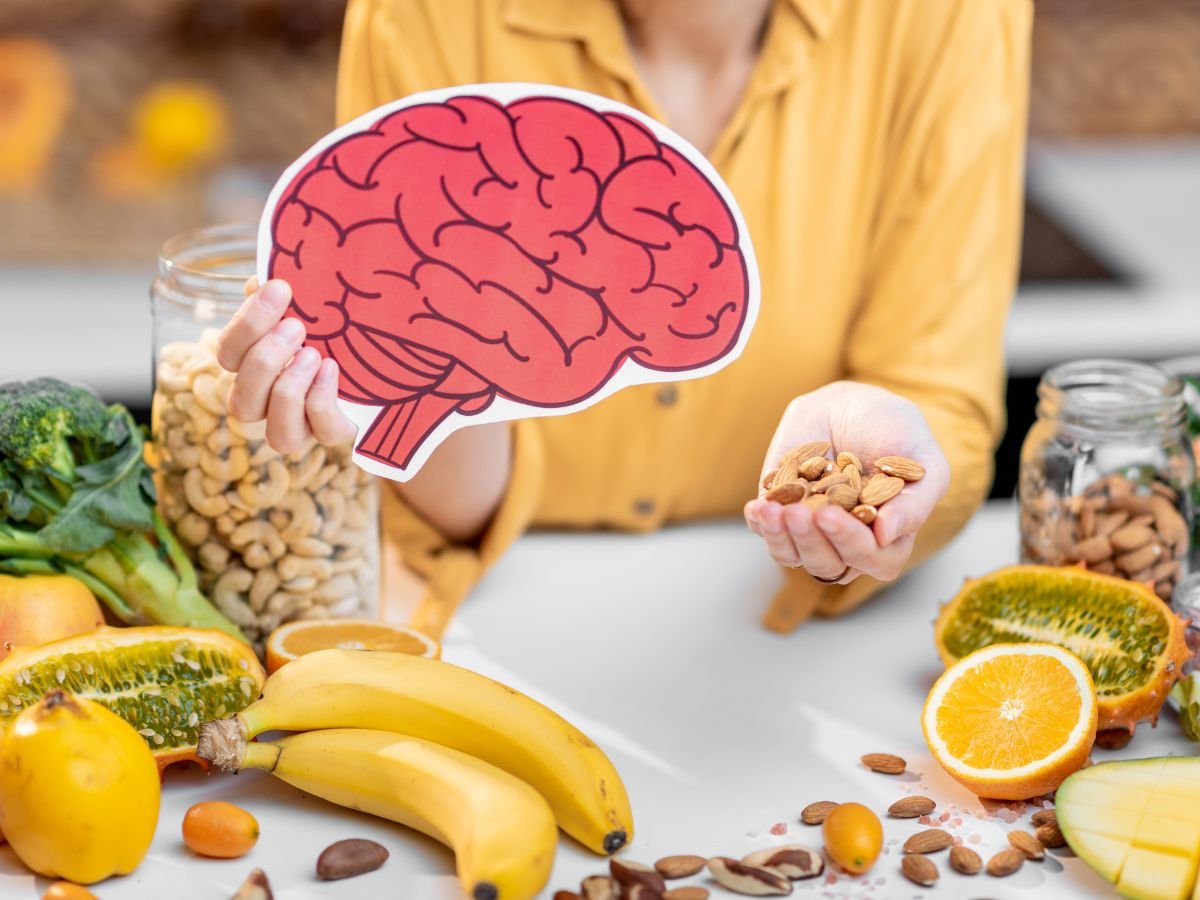New Delhi, 21 July 2025: World Brain Day is a reminder that our brain is the most powerful organ, yet most of us overlook natural ways to support its function and resilience. As global conversations highlight neurological diseases like stroke, dementia, and depression, individual actions now more than ever can strengthen cognitive fitness. Building brain health naturally isn’t about quick fixes—it’s about consistent habits that nurture neural performance and emotional balance over the long term. Focused lifestyle changes can help protect memory, sharpen concentration, reduce stress, and guard against cognitive decline. Here’s a comprehensive guide to evidence-based, accessible strategies you can adopt today.
Nutrition That Nourishes the Neurons: What you eat has profound effects on brain structure and function. A whole-food, plant-forward diet rich in leafy greens, berries, nuts, seeds, legumes, and oily fish provides antioxidants, omega‑3 fatty acids, B vitamins, and polyphenols essential for neuron maintenance and transmission. Foods like spinach, broccoli, blueberries, walnuts, and salmon support synaptic plasticity, reduce inflammation, and improve cerebral blood flow. Limiting processed foods, refined sugars, and trans fats also helps prevent insulin resistance and vascular damage—two major threats to cognitive health. Hydration matters too—adequate water intake supports electrolyte balance and mental clarity. Herbal teas like green tea or rosemary infusion add mild galvanizing effects without disrupting sleep.
Physical Activity Fuels Cognitive Power: Regular movement does more than shape the body—it primes the brain for alertness, mood stabilization, and long-term memory retention. Aerobic exercises like brisk walking, running, cycling or dancing stimulate the release of brain-derived neurotrophic factor (BDNF), which fosters new neuron growth and neural connectivity. Resistance training and yoga enhance cerebral oxygenation and support stress resilience through modulation of the nervous system. Even short movement breaks throughout the day (five-minute walk, desk stretches) help reduce mental fatigue and prevent cognitive stagnation.
Sleep: The Brain’s Nightly Reboot: Sleep is not downtime—it’s a fundamental maintenance period when the brain consolidates memories, clears toxins such as beta-amyloid, and balances mood-regulating neurotransmitters. Most adults need seven to nine hours of uninterrupted sleep. Poor sleep duration or quality is linked to impaired memory, irritability, reduced focus, and increased risk of neurodegenerative diseases. Strategies for better sleep include consistent bedtimes, avoiding blue-light screens before bed, creating a cool, dark sleep environment, and calming bedtime routines. Napping (20–30 minutes early afternoon) can boost alertness and memory without disrupting nighttime rest.
Stress Management Builds Mental Resilience: Chronic psychological stress undermines cognitive function by flooding the system with cortisol and inflammation, impairing hippocampal neurons and reducing emotional regulation. Practices like mindfulness meditation, breathwork (such as diaphragmatic breathing or alternate nostril breathing), grounding exercises, and progressive muscle relaxation help quiet the mind and restore parasympathetic balance. Even simple routines—journaling, gratitude writing, nature walks, or warm baths—can lower stress hormones and improve resilience, supporting clearer thinking and emotional stability under pressure.
Social Engagement and Cognitive Interaction: Social connection is a key driver of brain health. Frequent interaction with family and friends, participating in community or group activities, or even mentoring or volunteering challenges multiple cognitive domains simultaneously: memory, language, attention, and emotional regulation. Strong social ties also act as buffers against loneliness and depression, lowering the risk of cognitive decline. Casual conversation, cooperative games, book clubs, or shared hobbies like music and art all contribute to a resilient brain by offering meaningful engagement and stimulation.
Lifelong Learning Keeps the Brain Adaptive: The brain thrives on novelty and challenge. Learning new skills—such as a second language, musical instrument, coding, painting, or even complex board games—drives neuroplasticity and strengthens memory networks. Intellectual stimulation through reading, puzzles, strategy games, or online courses promotes cognitive flexibility and builds mental reserves. In older adults, sustained learning activity has been shown to slow the progression of age-related memory loss and improve problem-solving abilities.
Mind-Body Practices Enhance Whole-Brain Wellness: Practices such as yoga, tai chi, qi gong, or mindful stretching integrate movement with breathing and mental focus, improving both physical wellness and neuro-cognitive function. These modalities enhance coordination, balance, mood, and circulation while promoting interoceptive awareness—helping you tune into stress signals early and respond adaptively. Groups often report improved emotional regulation, anxiety reduction, and clearer thinking through regular mind-body routines.
Gut Health and Its Brain Connection: Emerging research highlights the gut-brain axis—how intestinal microbiota can influence mental state, cognition, and inflammation. A diverse diet rich in fiber, fermented foods (like yogurt, kefir, sauerkraut), and polyphenol-rich fruits supports healthy gut flora. Prebiotics like garlic, onions, and bananas feed beneficial microbes. Avoiding excess antibiotics, processed foods, and artificial sweeteners helps maintain microbial diversity, which in turn supports optimal brain function and emotional balance.
Minimizing Toxic Exposures for Optimal Brain Function: Limiting exposure to environmental toxins such as air pollution, pesticides, heavy metals, and excessive screen time helps safeguard cognitive health. Use air purifiers if needed, eat organic when possible, avoid lead-contaminated water or cookware, and take screen breaks during prolonged device use. Blue-light blocking at night supports sleep quality, while physical outdoor activity in clean air improves circulation and mood.
Stay Consistent for Long-Term Impact: Small changes daily—choosing plant-rich meals, taking brisk walks, practicing mindfulness, reading a new subject, or enjoying meaningful conversation—compound into lifelong cognitive resilience. Tracking habits like sleep quality, water intake, and mental breaks helps reinforce consistency. Routine health check-ups, managing blood pressure, cholesterol, and blood sugar, and addressing mood issues or hearing loss can also protect brain function over time.
On this World Brain Day, act on empowering truths: your routine choices—movement, nutrition, sleep, learning, social connection, stress care—are among the most potent tools to build and preserve brain health. Whether you’re 20 or 80, physical or mental work, creative or reflective—the brain thrives on engagement and balance. By adopting daily practices grounded in nature and neuroscience, you can improve memory, enhance emotional resilience, sharpen focus, and protect cognitive vitality for years to come.






